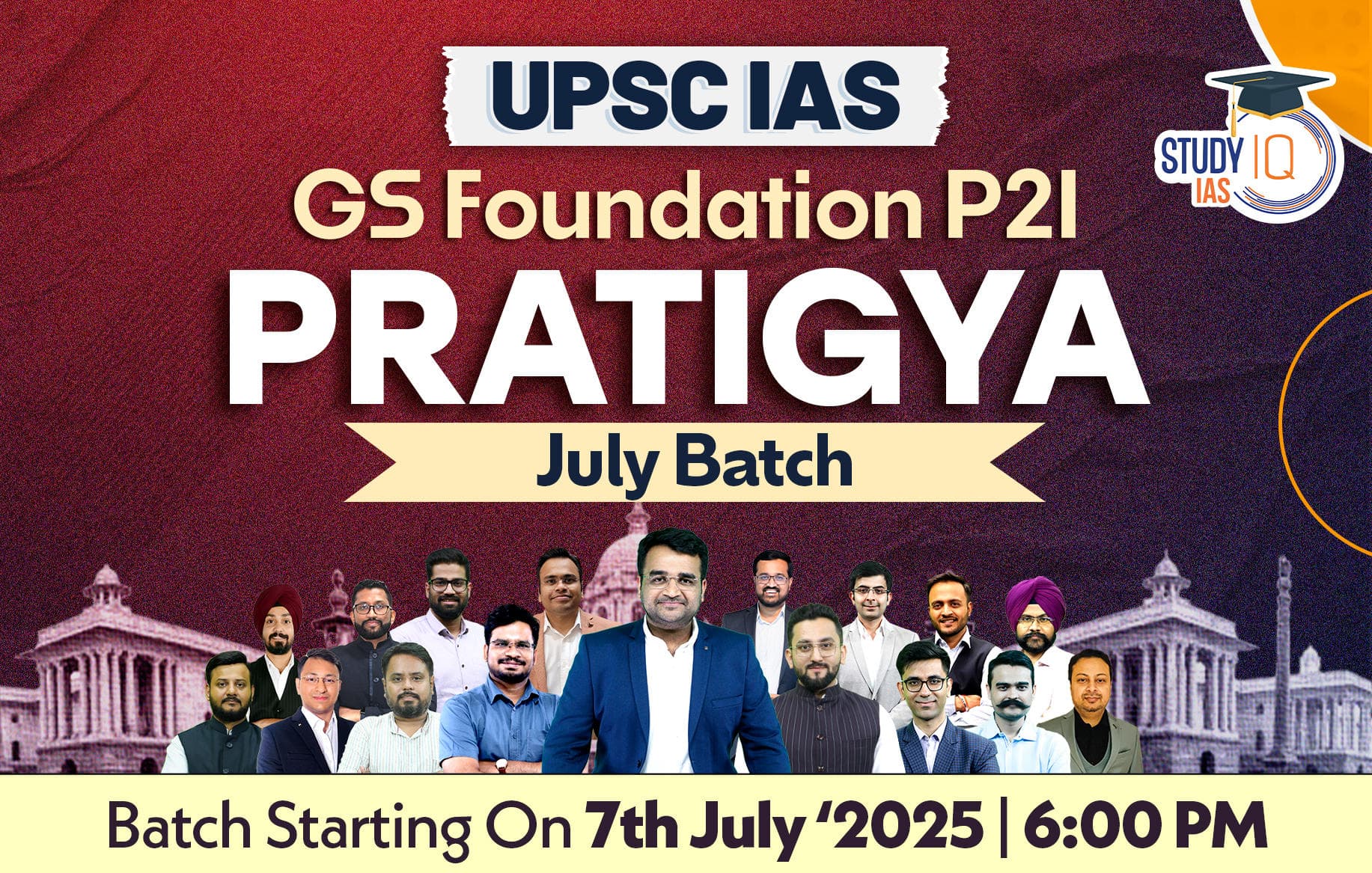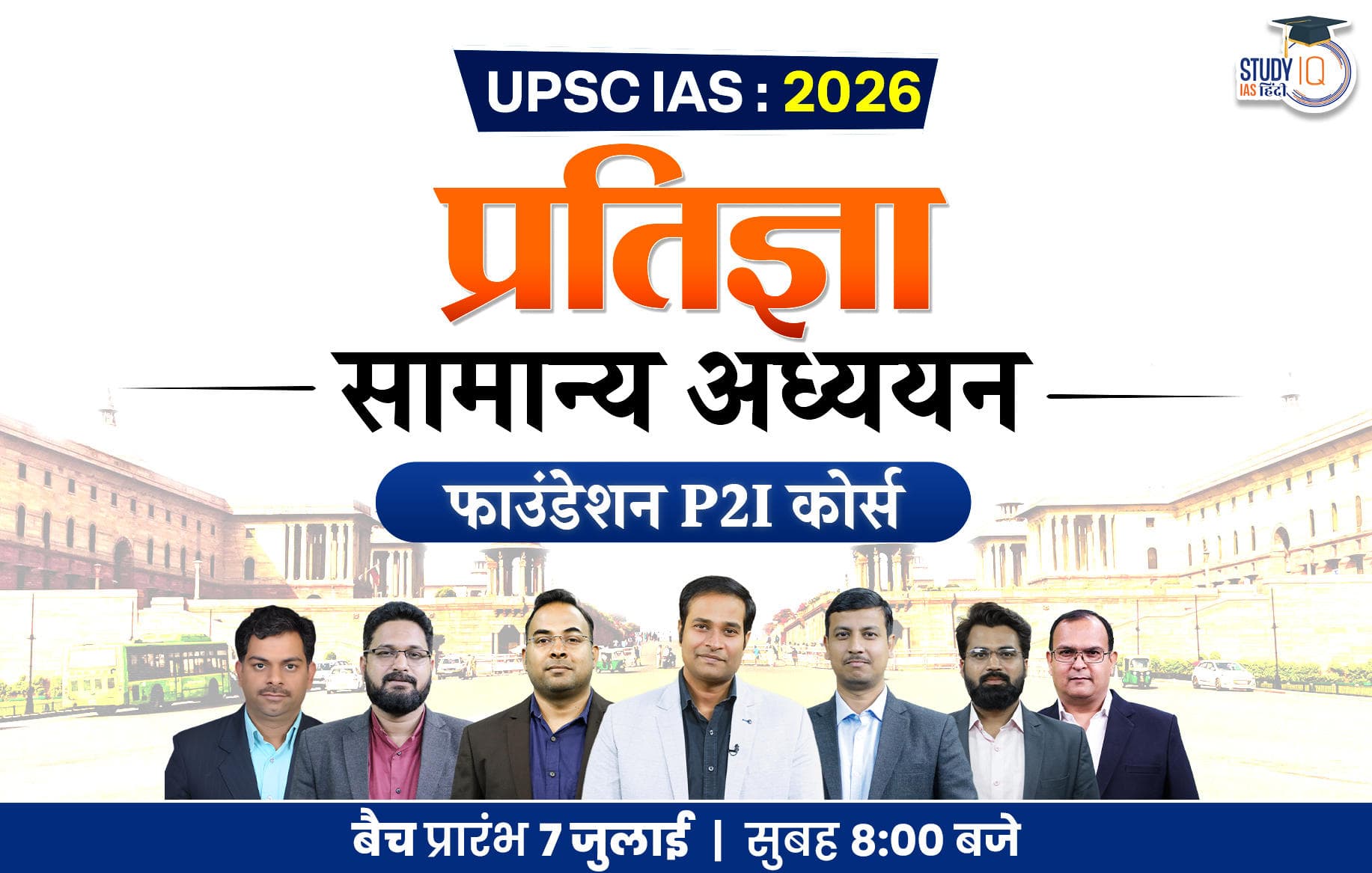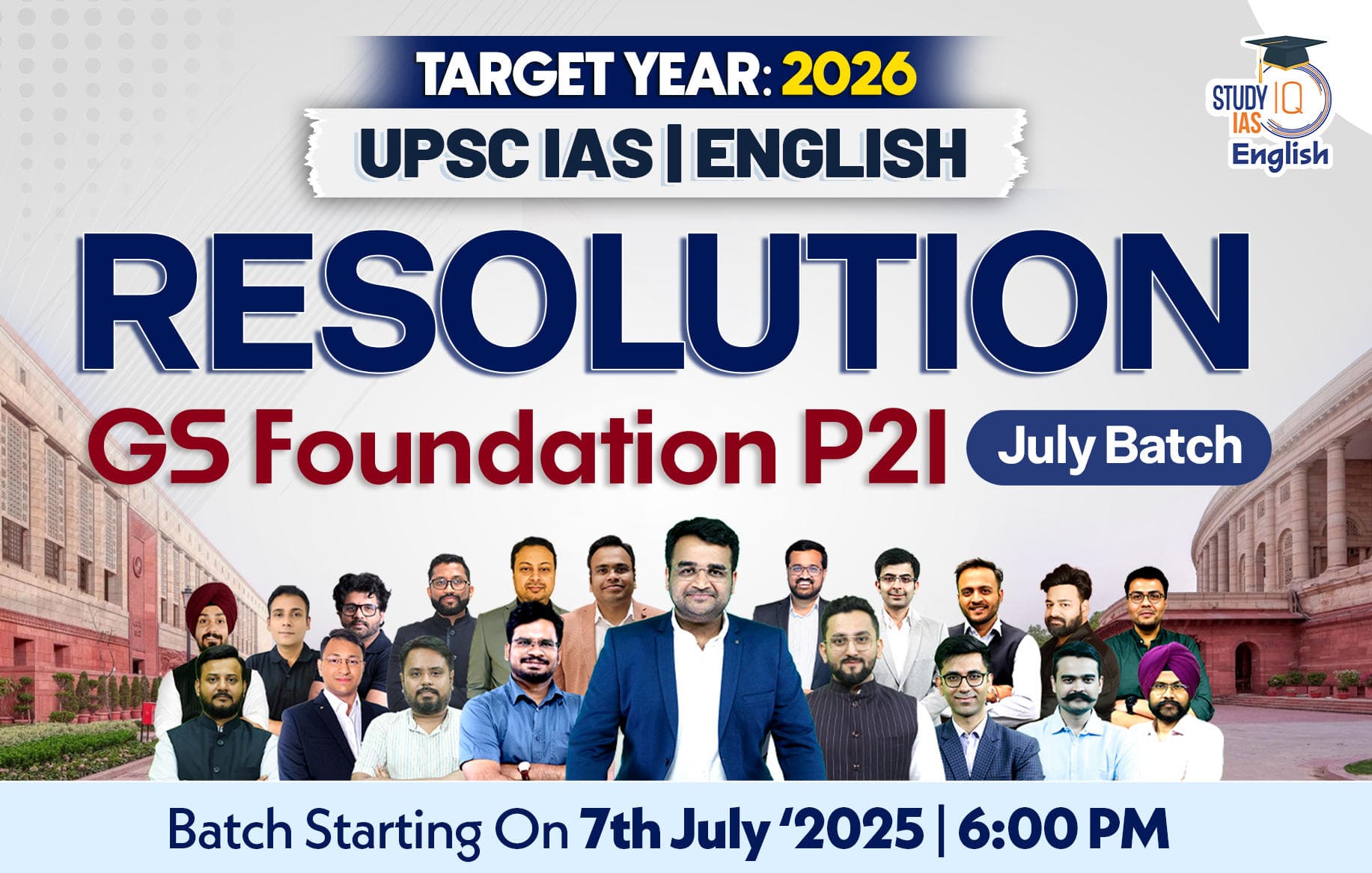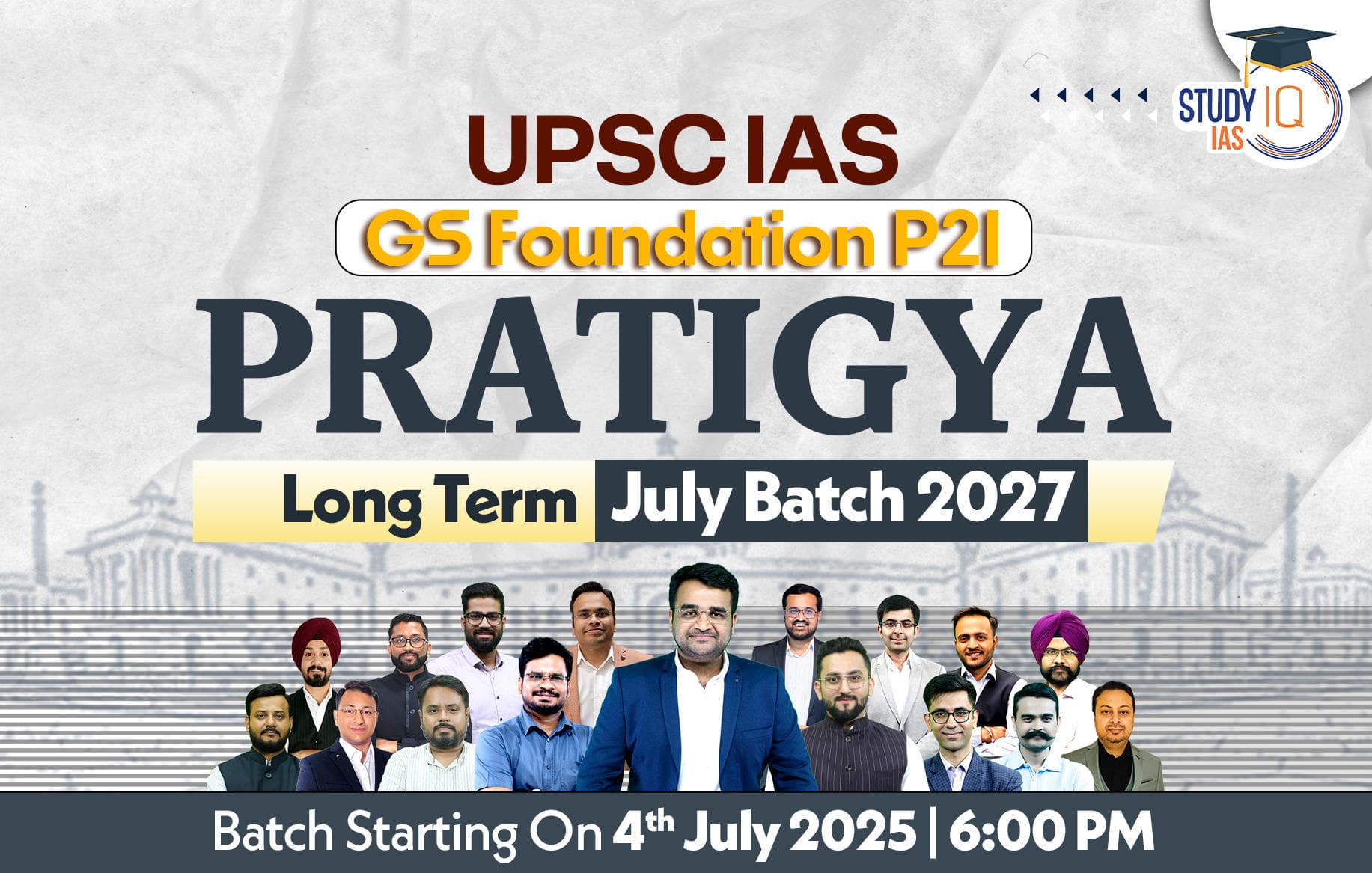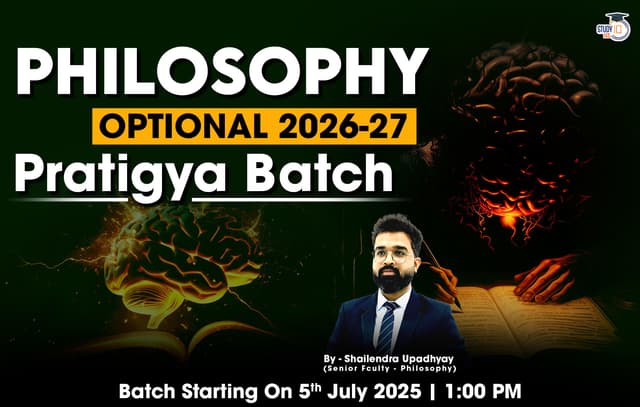Table of Contents
Context
The Politics of Welfare: The BJP and the Discerning Voter,’ Studies in Indian Politics, by Kailash, KK (2024), attempts to answer questions related to welfare initiatives translated into votes.
More In News
- Used voting studies data from the National Election Studies post-poll survey in the 2024 Lok Sabha elections.
Background
- Since India’s independence, the country has faced extreme inequality and widespread poverty.
- Although progress has been made in reducing these issues, high inequality and significant levels of indigence persist.
- Consequently, social welfare has become an essential component of electoral politics in India.
- Welfare programs have been a means of addressing socio-economic disparities and gaining political support, making welfare policies a key tool for political parties to appeal to voters.
Votes Don’t Always Follow Credit
Study on welfare credit, which political parties hope will translate into votes, does not always follow the anticipated pattern.
- Increased Expectations from Welfare Delivery: As welfare becomes normalized and parties compete to offer similar schemes, voters’ expectations regarding service delivery and quality increase.
- This heightened scrutiny means that simply providing benefits is insufficient; the incumbent must ensure quality and accessibility.
- Discrepancy in Credit and Votes: Voters are no longer passive recipients of welfare; they are discerning consumers who evaluate the nature of services provided.
- If voters struggle to access benefits or encounter issues with service delivery, they may hold those in power accountable, regardless of who designed or funded the programs.
- Voters often hold the local and state governments responsible for the issues in service delivery, even when the central government is credited with the welfare initiatives.
- Impact of Personal Financial Condition: A voter’s satisfaction with their financial situation plays a critical role in their voting behavior.
- Those satisfied with their finances and who find it easy to access welfare tend to favor the incumbent party.
- However, dissatisfaction leads voters to support opposition parties, regardless of their access to welfare services.
- Credit in ‘Double-Engine’ Governments:
- The study also explored the impact of “double-engine” governments (where the same party is in power at both the state and central levels).
- While the central government receives credit for welfare schemes, it does not necessarily secure votes even in states governed by its own party. Conversely, if voters credit state governments for local welfare initiatives, they are more likely to vote for the opposition.
- This suggests that voters are more influenced by the local government’s implementation and service delivery, rather than the central government’s role in providing welfare schemes.

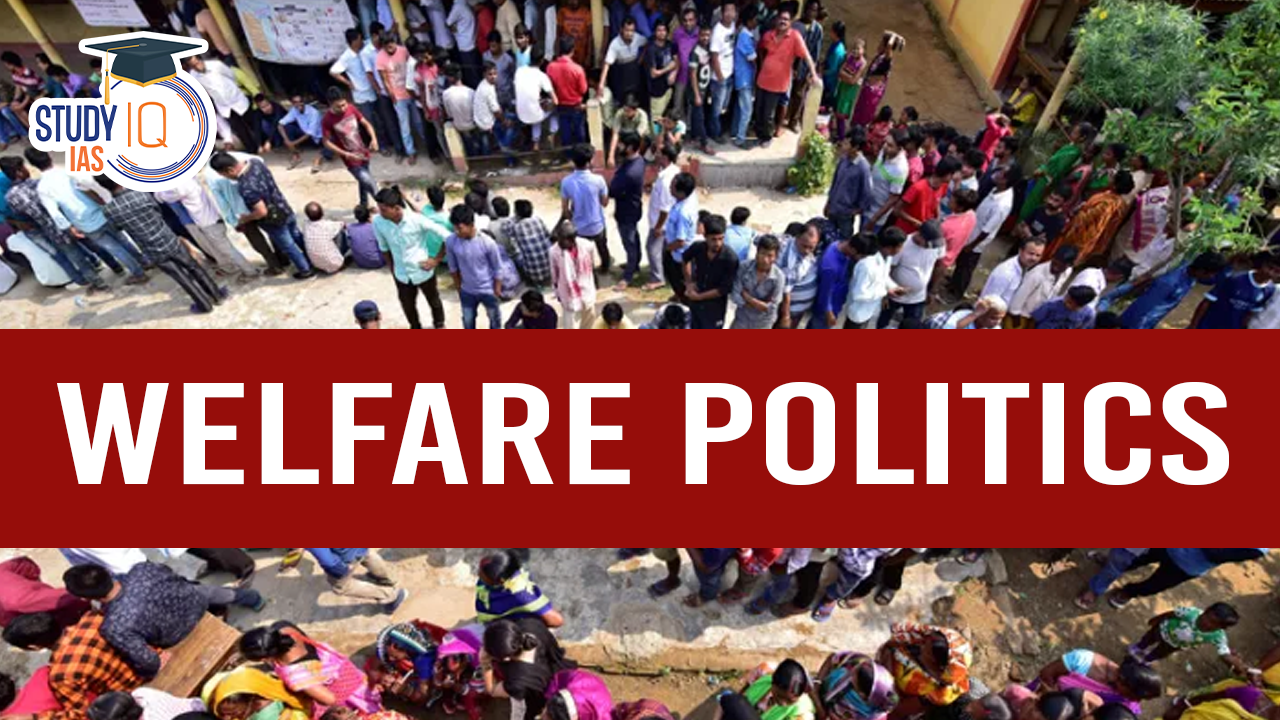
 Elon Musk’s America Party: A New Chapt...
Elon Musk’s America Party: A New Chapt...
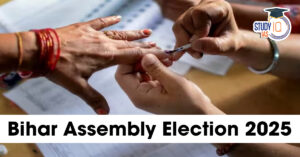 Bihar Assembly Election 2025: Complete G...
Bihar Assembly Election 2025: Complete G...
 17th BRICS Summit 2025: India’s Leader...
17th BRICS Summit 2025: India’s Leader...

